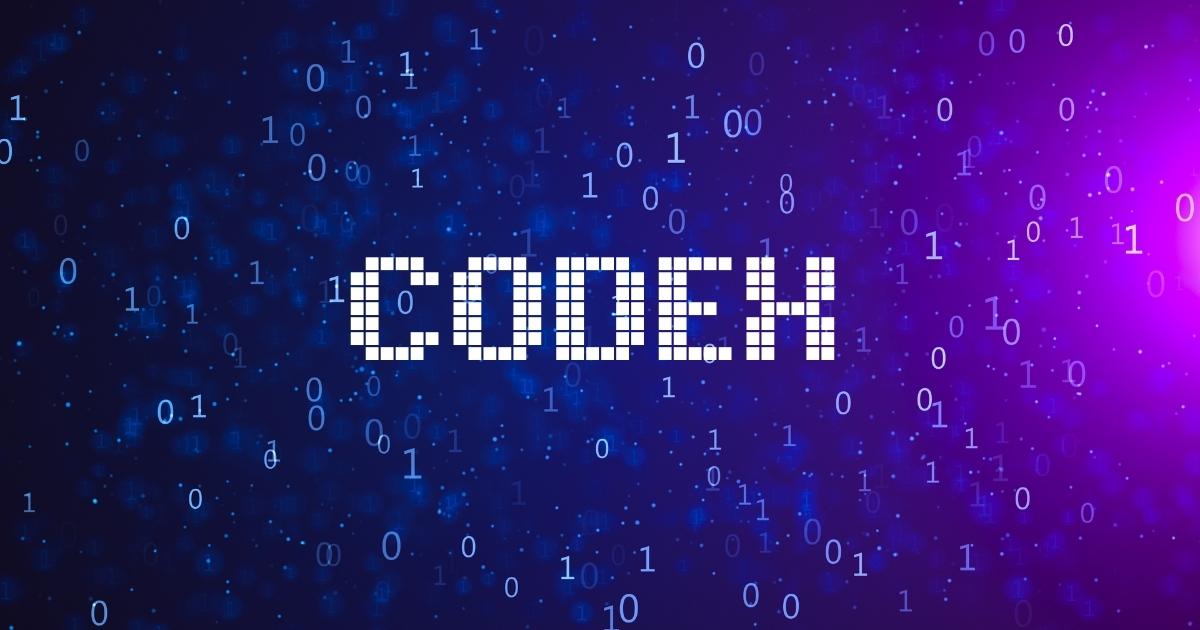Welcome to the exciting world of OpenAI Codex, the ground-breaking Artificial Intelligence revolutionizing the programming landscape. Designed to make coding more accessible than ever, Codex is transforming how we write, learn, and collaborate with code. This article will dive deep into this incredible AI system’s capabilities, applications, and potential. So buckle up, and let’s embark on a journey to explore the future of programming with OpenAI Codex.
The Genesis of Codex: From GPT-3 to a Coding Revolution
As a descendant of OpenAI’s renowned GPT-3 language model, Codex is designed to understand and generate human-like text. But its capabilities don’t stop there. Codex has been fine-tuned with billions of lines of code, equipping it with an unparalleled understanding of programming languages.
As a result, this AI system can perform an impressive range of coding tasks, from generating code snippets to automating software development workflows.
The Languages and Frameworks Supported by Open AI Codex
OpenAI Codex is versatile and capable of understanding and generating code in over a dozen programming languages. It includes popular choices like Python, JavaScript, Java, and C++ and markup languages like HTML and CSS.
Codex also works with various frameworks and libraries, like React, TensorFlow, and more, making it an indispensable tool for developers of all skill levels.
Harnessing the Power of Codex: Real-World Applications and Use Cases
The applications of Codex are vast and varied, enabling programmers to unleash their creativity and productivity. Some notable use cases include:
- Code generation: Codex can generate code snippets based on natural language input, saving developers valuable time and effort.
- Code review and optimization: With its advanced understanding of code, Codex can review and suggest improvements, ensuring more efficient and bug-free software.
- Learning and mentorship: Codex is an invaluable learning resource for beginners and experienced developers, offering insights and guidance on various coding challenges.
- Automating repetitive tasks: Codex can be used to create custom automation scripts, streamlining workflows and increasing productivity.
Democratizing Coding with OpenAI Codex: Making Programming Accessible to All
One of the most significant impacts of Codex is its potential to make programming accessible to a broader audience. Codex removes the barriers that often hinder beginners from learning to code by enabling users to communicate with the AI in natural language.
This breakthrough can create a more diverse and inclusive programming community, fostering innovation and creativity in the tech industry.
The Road Ahead: Challenges and Opportunities for Codex
While OpenAI Codex is a game-changer, it is not without its challenges. Ensuring the responsible use of AI-generated code and addressing potential security concerns are crucial for the technology’s widespread adoption. However, the opportunities are vast.
As Codex continues to evolve, it will undoubtedly have a transformative impact on the programming landscape, driving innovation and empowering individuals with the tools to create and shape the digital world.
OpenAI Codex is a revolutionary AI system that aims to reshape the programming world. Its capabilities, applications, and potential to democratize coding make it an invaluable tool.




